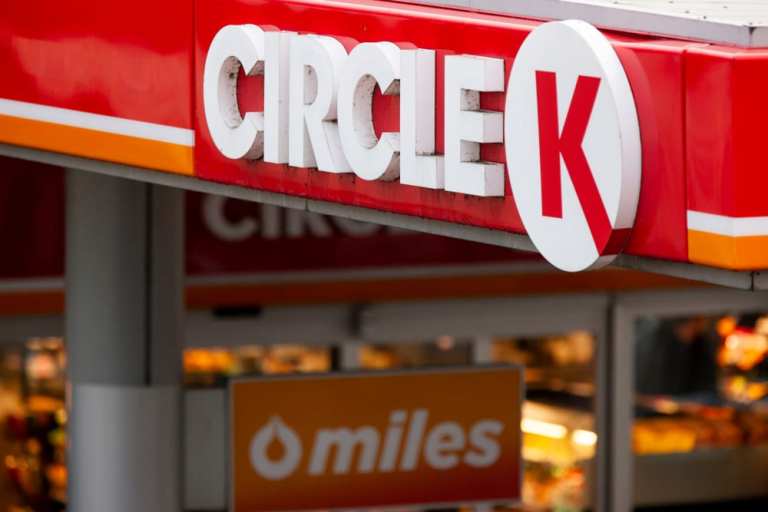Convenience Stores Advance Retail Tech, Remove Shopper Friction

The need for speed is turning convenience stores into hotbeds of retail technology, all with the goal of reducing friction in the customer experience. The latest evidence of that trend can be seen in a new cashierless checkout pilot announced this week from Circle K, which operates more than 7,300 stores in the U.S.
The technology for the pilot will be handled by Standard Cognition, with the first rollout planned for a Circle K location in Phoenix. Similar to the cashierless operations at its competitor 7-Eleven, customers will have the option of paying via an app or a card at a kiosk or cashier counter. Standard Cognition will also work with Circle K to retrofit some of the company’s stores to increase shoppers’ satisfaction with other technologies.
“Autonomous checkout is the most potentially disruptive innovation the retail sector has seen in decades. The future of autonomous checkout will be driven and defined by AI-powered ‘retrofit’ of existing stores powered by camera-based AI technology,” Standard Cognition CEO Jordan Fisher told VentureBeat via email. “Over the last few years, Standard has had conversations with most of the major retailers about moving to frictionless, autonomous checkout. The recent global pandemic has hyper-accelerated interest in our platform, as retailers scramble to deliver contactless, touchless experiences across their stores.”
Standard Cognition’s platform uses cameras and artificial intelligence (AI) algorithms to track customers within the store without using biometric data or shelf sensors. Similar to the Amazon Go cashierless technology, the platform adds items to an account that is automatically charged upon exit. Standard Cognition says it anonymizes data to minimize the risk of targeting shoppers’ purchasing patterns.
In some ways, the changes at Circle K are a reaction to the substantial progress made by 7-Eleven in terms of paying via mobile app and other contactless technology it is building into its stores. It is also an admission that the convenience store customer is changing, and that the shopper behaviors that drive impulse buys are also changing.
“In the coronavirus era, many so-called convenience stores have become anything but,” says Fast Company. “Gone are the office workers looking for quick afternoon snacks or in need of aspirin. Commuters, now a rare breed, aren’t stopping in to grab milk, ant traps or bags of ice on their way. People are filling up with gas less frequently, which means fewer trips to the small stores amid a sea of pumps.”
Those changes have driven other chains to step up their frictionless customer experiences, either through technology or more traditional means. Wawa, which operates 850 C-stores on the Eastern seaboard, announced this week that it will test drive-through and curbside pickup service to fulfill orders from its mobile app.
“Wawa continues to test new store concepts with this latest drive-through format, providing an opportunity for our customers to still experience and enjoy their favorite Wawa products while remaining inside their vehicle,” said Terri Micklin, director of construction for Wawa. “It is critical to provide new ways to access Wawa, increase convenience and provide new options for service.”
Reducing friction and valuing shoppers’ time has been a hallmark of the convenience store category well before the pandemic. It is also a hallmark of the PYMNTS Digital 3.0 FIT™ Framework, which encourages retailers both online and offline to reduce friction, influence consumer inertia toward digital solutions and place a higher value on consumers’ time.
“The digital platforms and enabling technologies created a decade or more ago made these pandemic-fueled shifts an easy transition, breaking whatever inertia might have prevented them in years past,” writes PYMNTS CEO Karen Webster. “With that inertia finally overcome, the consumer’s decisions to stick with a digital-first experience are now a safe and attractive alternative that saves them time and eliminates the friction of being exposed to the virus.”